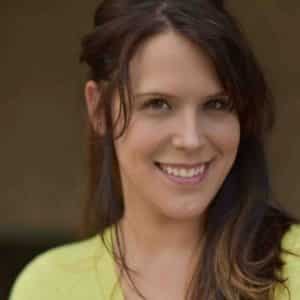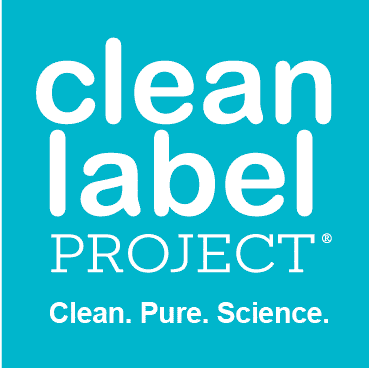Food Equity: Our Social Awakening
We’re in the midst of a much-needed societal awakening. Increased consciousness, understanding, and empathy for under-represented and minority populations is afoot and change is in the air. For us at Clean Label Project, we cannot help but reflect on our own personal and professional shortcomings. We are also actively contemplating how we can channel this community’s desire for positive change into action. At Clean Label Project, we aspire to change the definition of food and consumer product safety by serving as consumer education and awareness catalysts. I personally view the purchases of products I make as a vote for the food systems that I believe in. Clean Label Project believes in data, science, and transparency. But Clean Label Project also believes in food equity.
The coronavirus has made it harder for everyone to buy food and other essential items under stay-at-home orders, social distancing guidelines, and limited delivery slots for online groceries. But even before the pandemic, millions of people in the United States (many of them minority populations) were struggling with access to groceries — and the problem has gotten even worse. In 2015, an estimated 39 million people, or 12.8% of the US population, lived in “low income and low access areas,” according to the USDA’s most recent data. These are referred to as “food deserts.”
Food deserts are regions where people have limited access to food. This may be due to having a low income or having to travel farther to find healthful food options. Food swamps, on the other hand, are areas that lack access to healthy foods, but are plentiful in unhealthy and fast foods. Without access to healthful foods, people living in food deserts and swamps may be at higher long-term risks of diet-related conditions, such as obesity, diabetes, and cardiovascular disease.
Several government bodies are now funding projects to prevent areas from becoming food deserts and to improve people’s access to food in existing food deserts. While improving access to food is an admirable first step, what about having access to safe, affordable, and nutritious foods? In the consumer product goods industry, our proprietary category data (e.g. baby food, snacks, edible oils, etc.) demonstrates that time and again not all products within a given category are created equal. Furthermore, there are several grass-roots efforts promoting food equity. As an extension of our advocacy, Clean Label Project is looking forward to partnering with many such advocates in the future.
When it comes to food and environmental justice issues, Clean Label Project has more questions than answers. Does the racial disparity that exists within health care and employment also exist within the food and consumer product quality and safety? Through data, science, and transparency coupled with education, awareness, and compassion, we want to play our part in righting the wrongs.
Expect to see more from Clean Label Project, but for now, check out these existing resources on the topic:
- Food Equity: Building a Fair Food System For Everyone
- EQUITY, INCLUSION AND JUSTICE
- Food Justice
- FOOD EQUITY – PART ONE – WHERE DOES IT FIT IN?
Join the discussion by engaging with us on social media! ![]()
![]()

Author – Jaclyn Bowen
Executive Director of Clean Label Project
